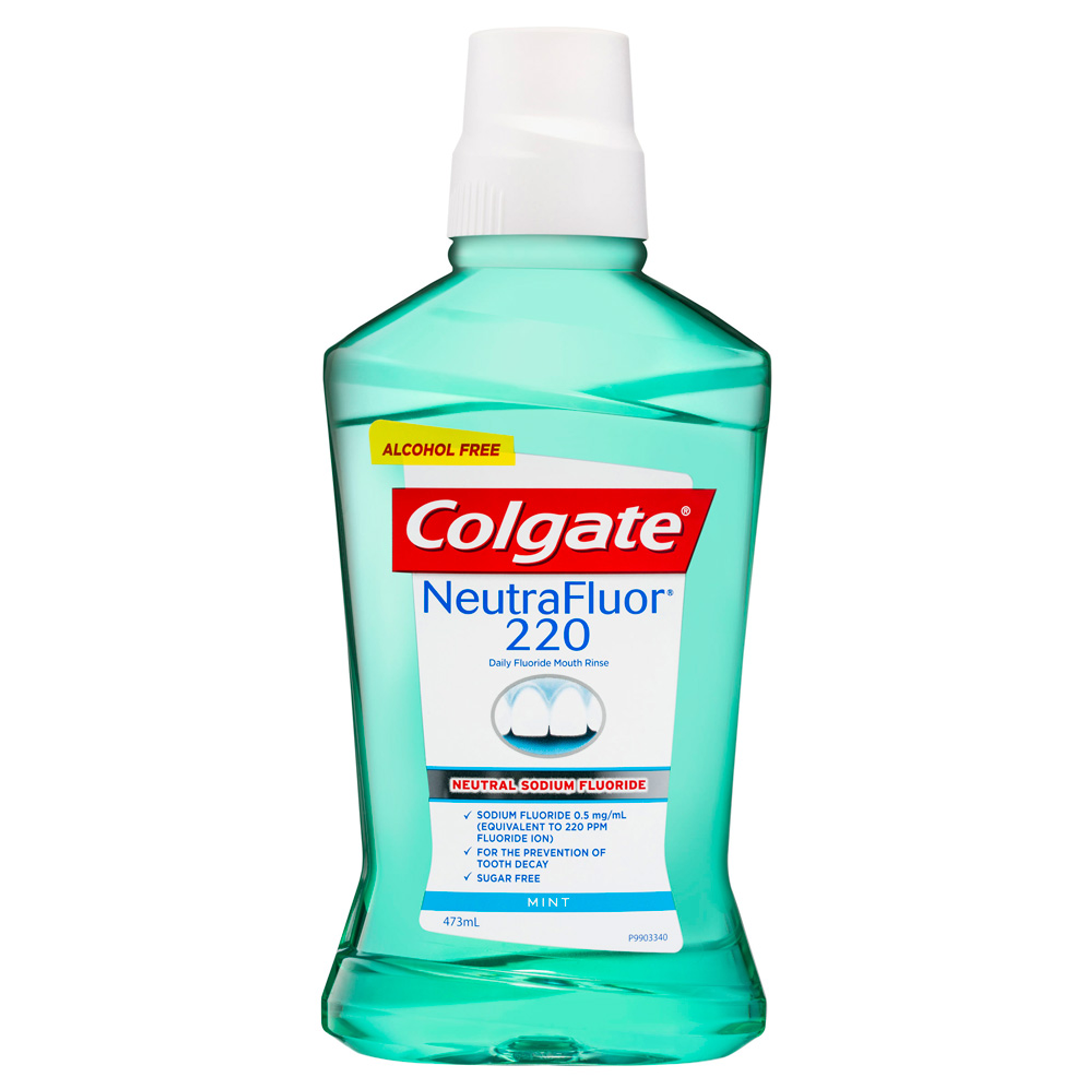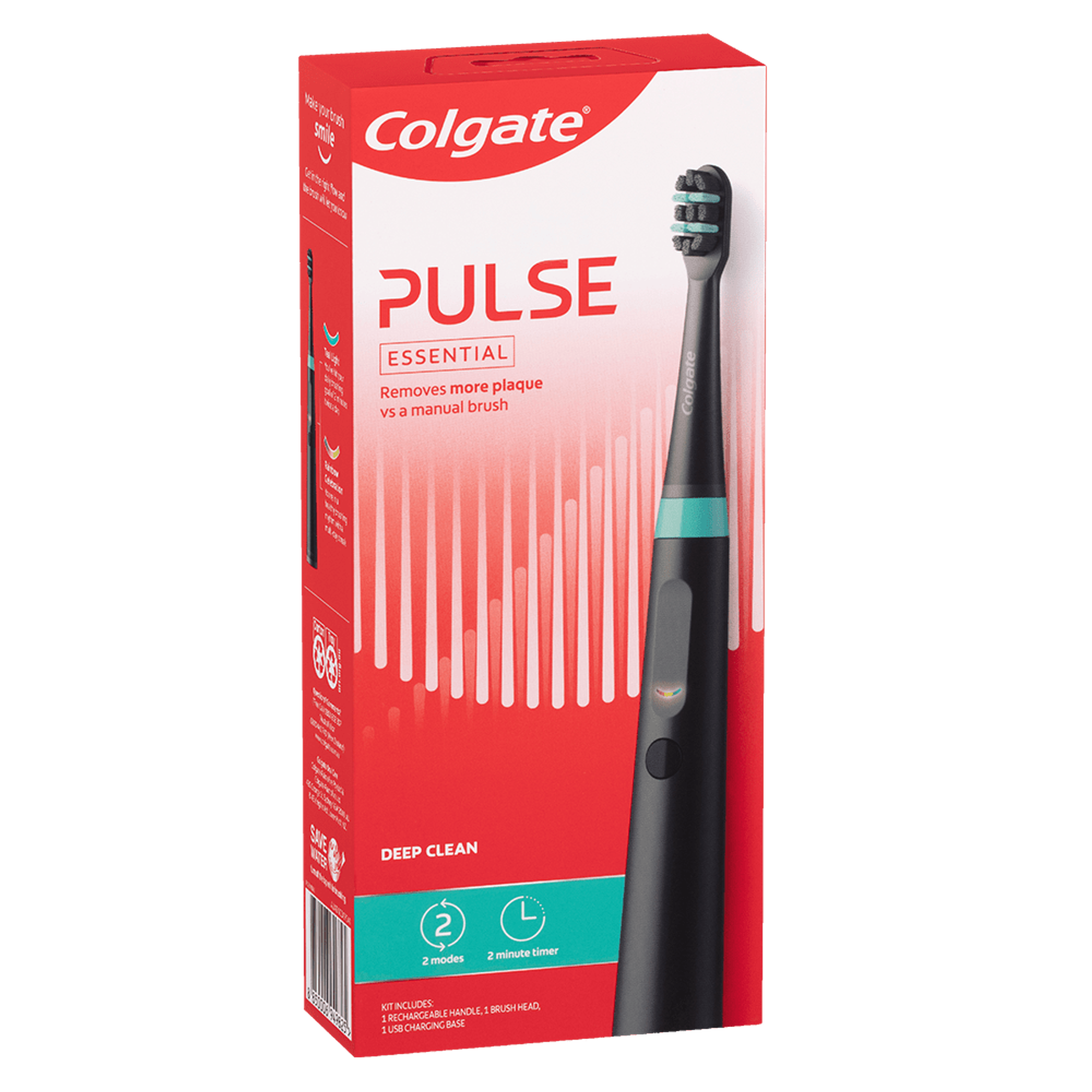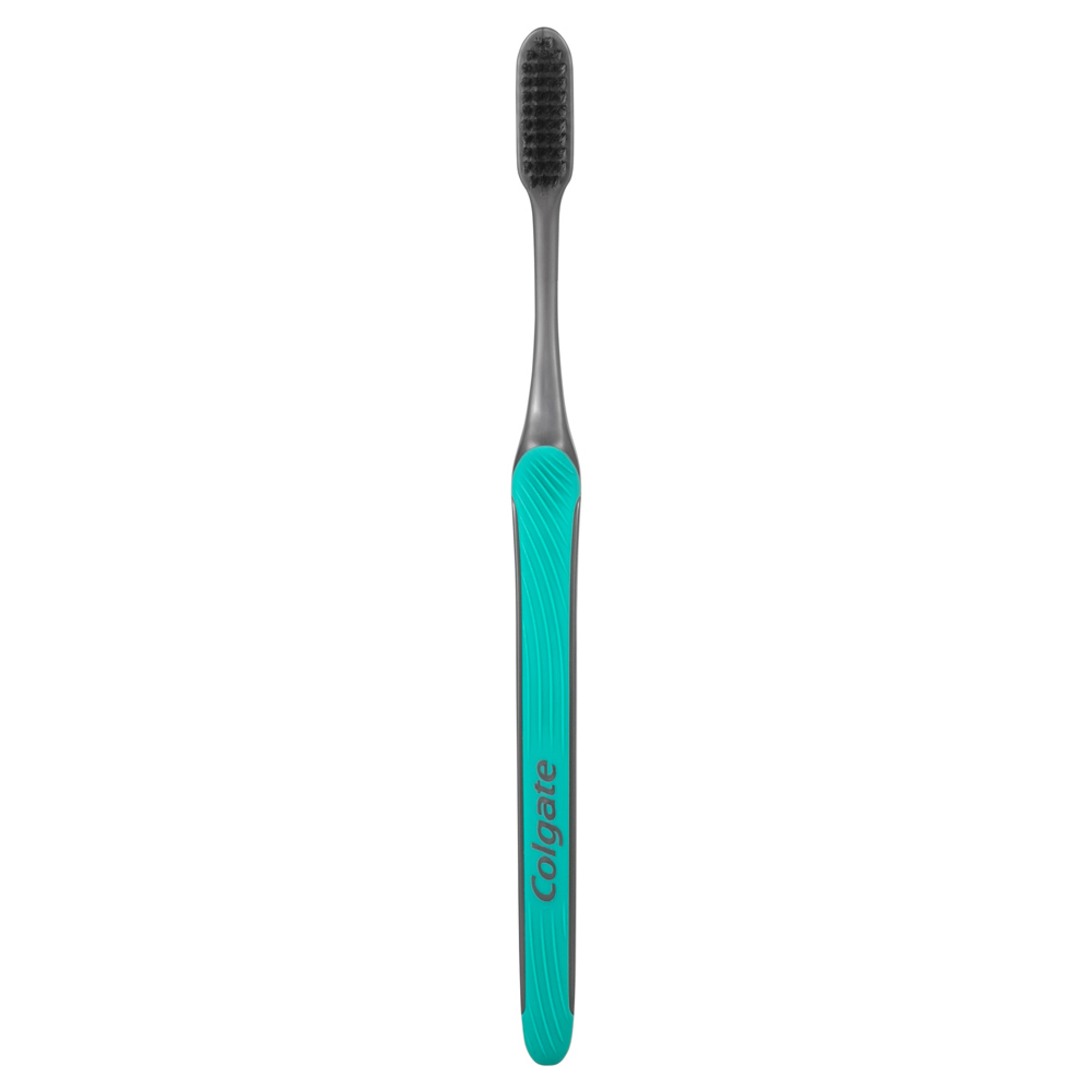-
-

BRUSHING & FLOSSING
How to BrushWhat Is the Right Way to Brush?
Proper brushing takes at least two minutes — that's right, 120 seconds!...

BRUSHING & FLOSSING
How To FlossWhat is the Right Way to Floss?
Proper flossing removes plaque and food particles in places where a toothbrush cannot easily reach... -
Science & Innovation
- Colgate® | Toothpaste, Toothbrushes & Oral Care Resources
- Oral Health
- Effective Home Remedies for Bad Breath


No one wants to have bad breath (halitosis), and fortunately, there’s a lot you can do to curb it. Other than regular dentist visits, proper oral hygiene is vital, and there are many at-home habits you can develop. Fortunately, most of them are easy to incorporate into your lifestyle, and they can make you feel fresher, too! We’ve put together some of the best halitosis-fighting tips for you here.
Brush and Floss
According to the Australian Dental Association, South Australia, the by-products produced by odour-causing bacteria, and the breakdown of food particles left in the mouth, is often the cause of bad breath. By brushing your teeth twice a day, and flossing at least once a day, you will help remove tiny food particles which the odour-causing bacteria feed off.
Flossing deserves a special mention because despite what many of us think, it should never be considered an ‘added extra’. The Australian Dental Association says flossing is an essential part of caring for your teeth and gums and must be done once a day. So if you’re solely relying on brushing, you’re missing nearly half the surface area of your teeth (i.e. you are not cleaning the surfaces of the teeth which touch each other). Consequently, failing to floss can negatively impact the health of your teeth and gums while also leading to bad breath.
Clean Your Tongue
Cleaning your tongue can effectively decrease halitosis-causing gases. These gases are produced on your tongue and in your mouth when odour-causing bacteria break down food debris, emitting an unpleasant sulphur-like smell. Therefore, regularly cleaning your tongue is vital in the fight against halitosis.
Eat Healthily
It’s common knowledge that certain foods like raw onion or garlic cause bad breath. These foods, when ingested and excreted by the lungs, cause halitosis. But other foods, particularly unhealthy sugary or acidic foods, can cause bad breath in another way as they can increase the numbers of bacteria contributing to the breakdown of food particles and the production of odours.
To avoid bad breath associated with this, restrict your intake of sugary foods and drinks. Additionally, you can stimulate protective salivary flow by chewing your food thoroughly.
Hydrate
Drinking enough water is one of the simplest steps you can take to curb bad breath. When your mouth doesn’t have enough moisture to produce saliva, odour-causing bacteria can accumulate. Sometimes, certain medications, medical conditions and diseases can deprive you of that necessary moisture, making it even more important to keep hydrated.
Staying hydrated is essential, particularly before and after heavy exercise as all that puffing and panting can increase your chances of a dry mouth. Also, get in the habit of drinking tap water when you first wake up. Your mouth becomes dry while you sleep, so it misses out on the much-needed bacteria-clearing benefits of saliva.
Use a Mouth Rinse
Mouth rinse can also help reduce plaque while freshening the breath. Although, mouth rinse alone is not an adequate remedy and should be used in addition to regular brushing and flossing. Speak to your dentist if you’d like more information about mouth rinses or have any other concerns about bad breath.
This article is intended to promote understanding of and knowledge about general oral health topics. It is not intended to be a substitute for professional advice, diagnosis or treatment. Always seek the advice of your dentist or other qualified healthcare provider with any questions you may have regarding a medical condition or treatment.
Related Products

Helping dental professionals
More professionals across the world trust Colgate. Find resources, products, and information to give your patients a healthier future










